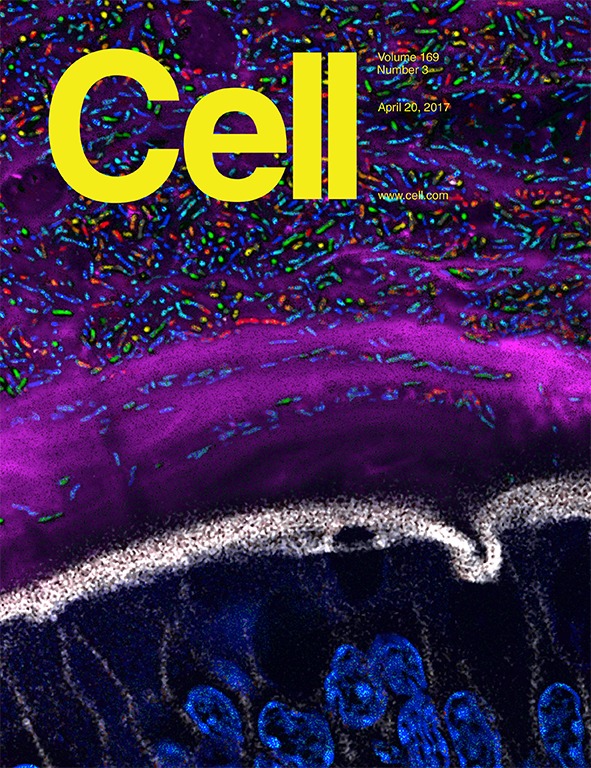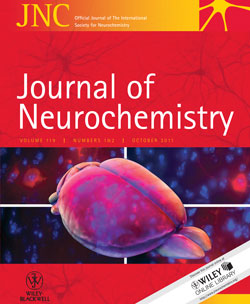 Following a massive editorial protest, Scientific Reports is admitting its handling of a disputed paper was “insufficient and inadequate,” and has agreed to retract it.
Following a massive editorial protest, Scientific Reports is admitting its handling of a disputed paper was “insufficient and inadequate,” and has agreed to retract it.
The 2016 paper was initially corrected by the journal, after a researcher at Johns Hopkins University, Michael Beer, accused it of lifting some of his earlier work. After we covered the story, nearly two dozen Hopkins researchers threatened to resign from the journal’s editorial board if the journal didn’t retract the paper — and many followed through with that threat after the journal reaffirmed its initial decision. In response, the journal said it would assemble a “senior editorial committee” to review its decision-making.
That committee, it appears, has determined that the journal erred in its initial decision. According to a statement from the journal provided to Retraction Watch:



 The week at Retraction Watch featured the retraction of a paper on homeopathy
The week at Retraction Watch featured the retraction of a paper on homeopathy  A former researcher at New York University falsified and/or fabricated data in multiple papers and grant applications,
A former researcher at New York University falsified and/or fabricated data in multiple papers and grant applications,  After being “blindsided” a few months ago when she was told one of her 2005 papers was going to be retracted, a researcher scrambled to get information about why. And when she didn’t like the answers, she took to PubPeer.
After being “blindsided” a few months ago when she was told one of her 2005 papers was going to be retracted, a researcher scrambled to get information about why. And when she didn’t like the answers, she took to PubPeer. In a
In a  Errors in a 2017 paper about a new cancer test may have occurred because of a simple typo while performing calculations of the tool’s effectiveness.
Errors in a 2017 paper about a new cancer test may have occurred because of a simple typo while performing calculations of the tool’s effectiveness.